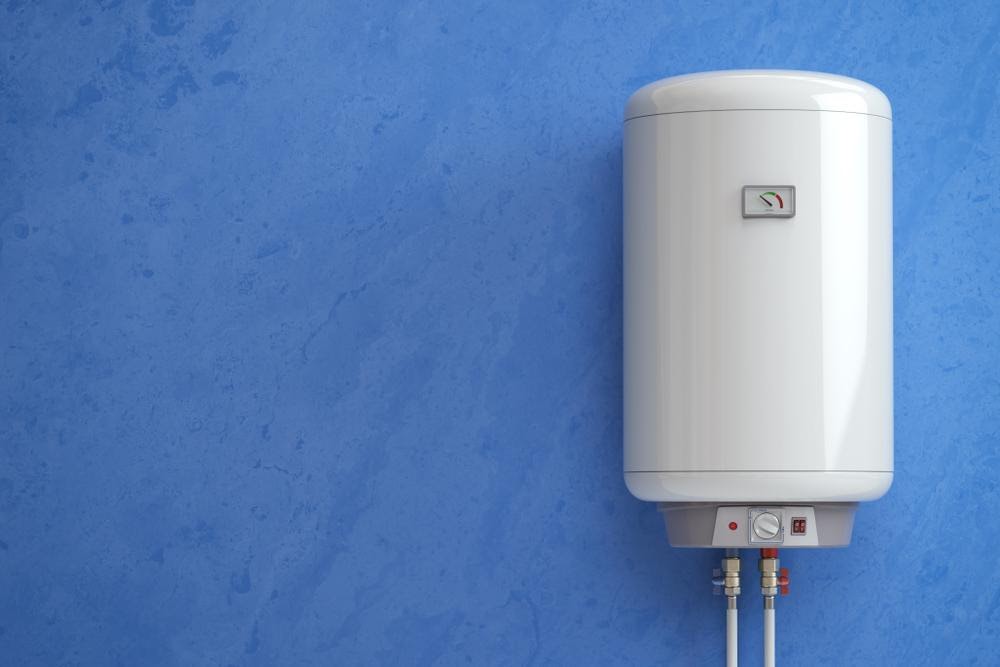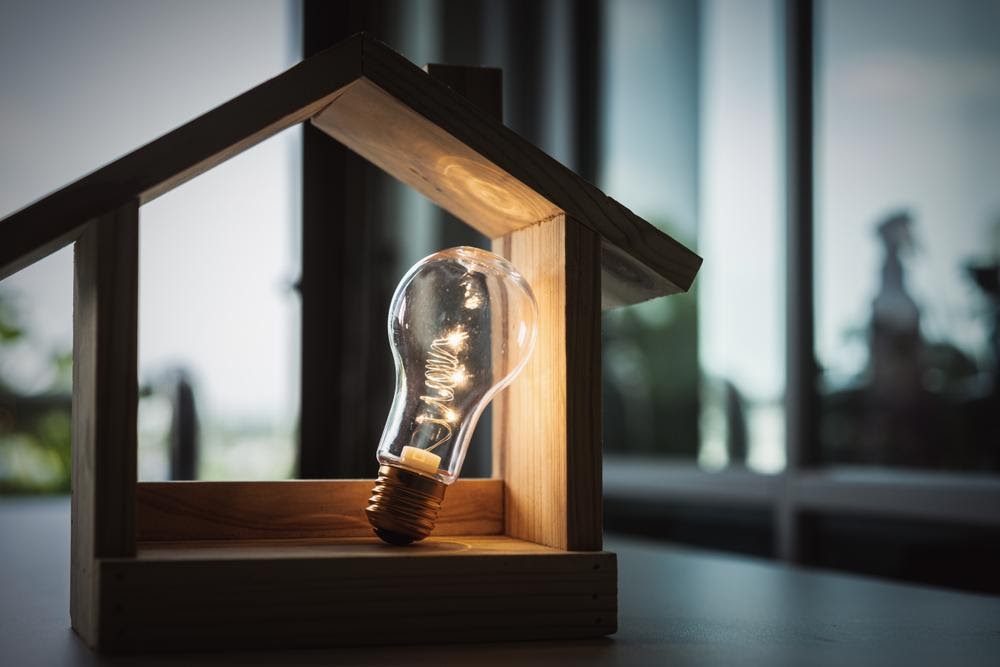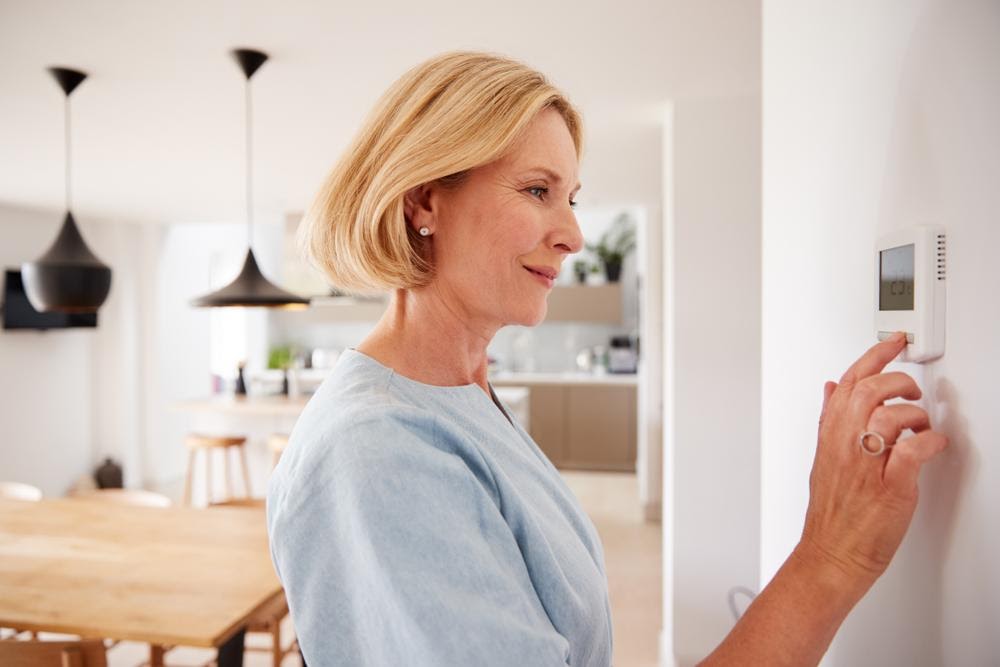Many Americans are looking for ways of saving money on home expenses every month. When it comes to reducing utility bills, the efficiency of home appliances is a critical factor. The SEER rating measures how efficiently your air conditioning system works. The higher the number, the more efficient the system is. This number helps you monitor your energy consumption and take measures to reduce the amount of electricity you use.
However, it is challenging to monitor your energy consumption when you go on vacation. Maybe someone in the family left a couple of lights on, or you forgot to set the thermostat correctly. When you come back from a vacation, it can be very frustrating to receive a large electricity bill.
Vacations are already expensive, and there’s no need to waste a lot of energy while you are away. You can do some simple things to save money on utility bills while on vacation. Some are obvious, such as turning lights off; others, you might not know about.
1. Upgrade to a Sustainable HVAC System
Around 69 trillion BTUs of energy are lost every year, between 2% and 4% of all energy produced. Therefore, it’s essential to do our best to save as much energy as possible while away from our homes.
If you are using a ducted air conditioning system in your home, it is essential to understand that a lot of energy is lost in the ductwork. The best ductless air conditioner systems are affordable to install and operate more efficiently than ducted systems. Ductless mini splits work by heating and cooling specific zones in your home, either single rooms or entire floors.
Many systems are smart-enabled, which means you can switch off the system when you go on vacation and use your smartphone or tablet to turn on the unit so the house is at the perfect temperature when you arrive home.
2. Reset Your Home’s Thermostat
If you are traveling during the hot summer months, you can turn off your thermostat completely. Even if your home gets a little hot, you can quickly cool it down when you come back by opening windows and turning your air conditioning system on.
However, very high temperatures inside your home can negatively affect the interior. It’s recommended that you set your thermostat 5°F warmer during the summer months than usual. Every degree raised on the thermostat is about 2-3% savings on that month’s bill during summer.
During the winter months, you should never turn off your thermostat completely. This could lead to frozen pipes, which can cause serious damage inside your home. When leaving on a winter vacation, turn the thermostat down 3-5°F to keep the house relatively warm. The estimated savings are 1% for every degree per eight hours.
A suitable winter vacation temperature is between 50-55°F. You’ll save energy on the heating system, but the house will remain warm enough, so the pipes don’t freeze. Also, consider installing a smart thermostat. If you forget to set the thermostat before leaving, you can still do it from your phone.
3. Turn Off Lights
Even though it’s obvious, it’s important to turn off all lights before leaving on vacation. Do a quick check through the whole house and make sure all the lights are turned off. Leaving on an incandescent light bulb of 60-Watts can cost you approximately 20 cents a day. Even though it’s not much, it can add up if you leave several lights on and are away for an entire month.
Some people like to leave their lights on while on vacation for safety reasons. Burglars are a lot less likely to break into a home with lights because they think someone is inside the house. If you want to leave lights on, for this reason there are programmable lighting systems that you can set for specific times. These systems are convenient because you can control them from your smartphone.

4. Adjust Your Water Heater
You should also adjust the mode on your water heater before leaving on vacation. Most modern water heaters have a vacation mode, which allows you to reduce the heat to the lowest possible temperature. This ensures that the water heater saves energy while keeping enough energy to keep water flowing and prevent frozen pipes.
Some modern water heaters allow you to program your return date. This is useful because the water heater starts working automatically when you come back, so you don’t have to wait for long to take a warm shower. If your water heater doesn’t have a vacation mode, lower the temperature to 50-55°F.
5. Unplug Your Home Appliances
Before leaving, take a couple of minutes to turn off and unplug all your home appliances, except your fridge and freezer. Even if home appliances are turned off or on standby mode, they can still use electricity. For example, televisions, washers, dryers, computers, and any appliance with an LED display still consume electricity even if they aren’t turned on.
If you plan to be away for more than four weeks, empty and clean your refrigerator and switch it off completely to conserve energy.

6. Use a Smart Security System
Keeping your house secure while you’re away is crucial, and a home security system complete with cameras, lights, and alarms is a worthwhile investment. While security systems consume minimal energy compared with larger home appliances when used continuously for weeks on end, that electricity can add up to a nasty surprise when your utility bill arrives.
Consider putting your lights and cameras on a timer, so they switch on after it gets dark. Or try upgrading to motion-activated lights and cameras that only turn on if they detect movement.
Final Thoughts on Saving Money on Utility Bills While on Vacation
Saving money on utility bills while on vacation is easy. Make a checklist of all the things you need to do before leaving, such as adjusting thermostats, turning off lights, and unplugging home appliances. The average household can have more than 30 home appliances, resulting in a lot of wasted electricity when you aren’t home.
By making small changes and being conscientious about energy conservation, you’ll return from your vacation to a comfortable home without a nasty utility bill ruining your post-vacation mood.






